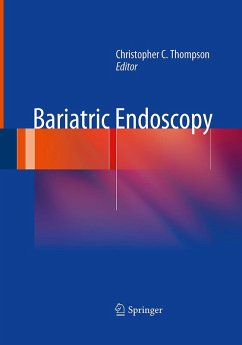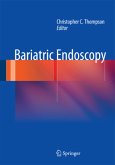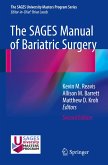To date, diet programs and medical therapies for the treatment of obesity have had limited success. Bariatric surgery, however, provides a means of effective weight loss for many of those with morbid obesity. Most of these weight loss procedures are performed with a variety of techniques that continue to evolve. Each technique is associated with unique challenges and complications and it is important for the clinician to be knowledgeable about the endoscopic management of these patients. Additionally, as endoscopic technology evolves it may offer more than just the diagnosis and treatment of complications. Endoscopic therapy may soon allow less invasive bariatric revision procedures as well as a variety of primary obesity therapies for various patient populations. Bariatric Endoscopy reviews the management of obesity, normal post-surgical anatomy, endoscopic and medical management of post-surgical complications, and future endoscopic therapies for obesity management. Organized into five sections, the volume covers an obesity overview, traditional therapy, endoscopy and the bariatric patient, medical management of post-surgical complications, and the future role of endoscopy in obesity management. Detailed illustrations are also provided for surgical procedures, complications and obesity management chapters. Authored by authorities in the field, Bariatric Endoscopy is an indispensible tool for the gastroenterologist or surgical endoscopist as they care for patients with complicated bariatric issues.








